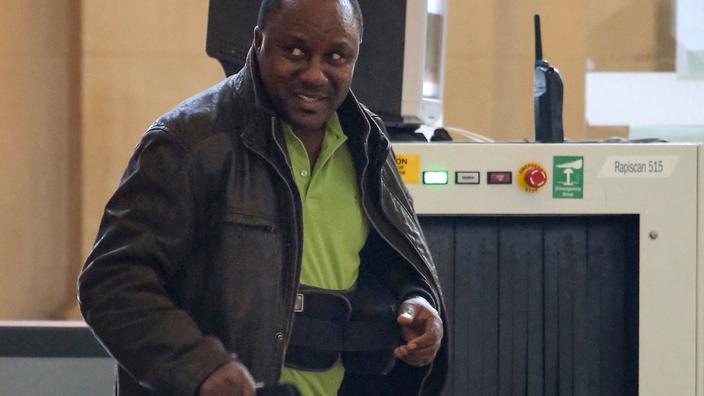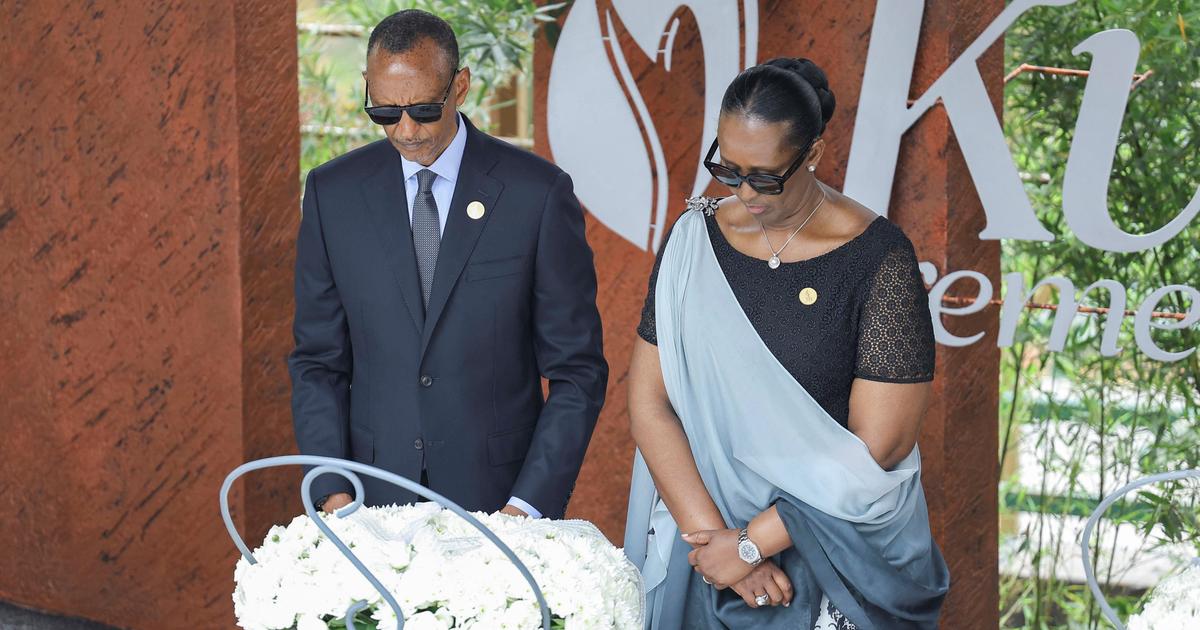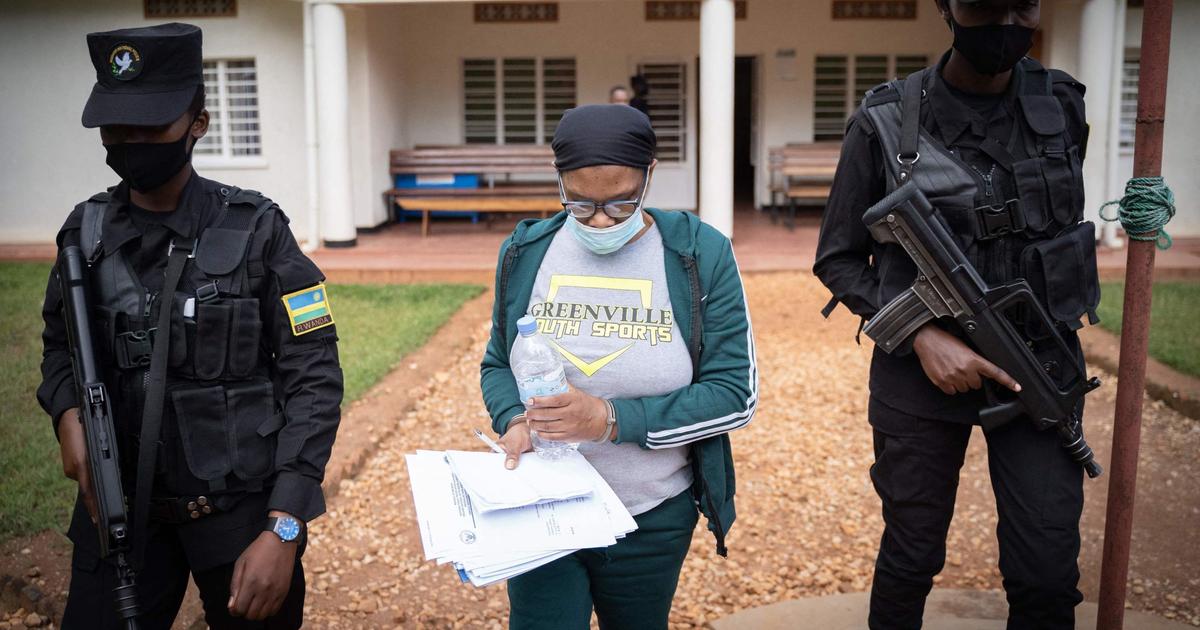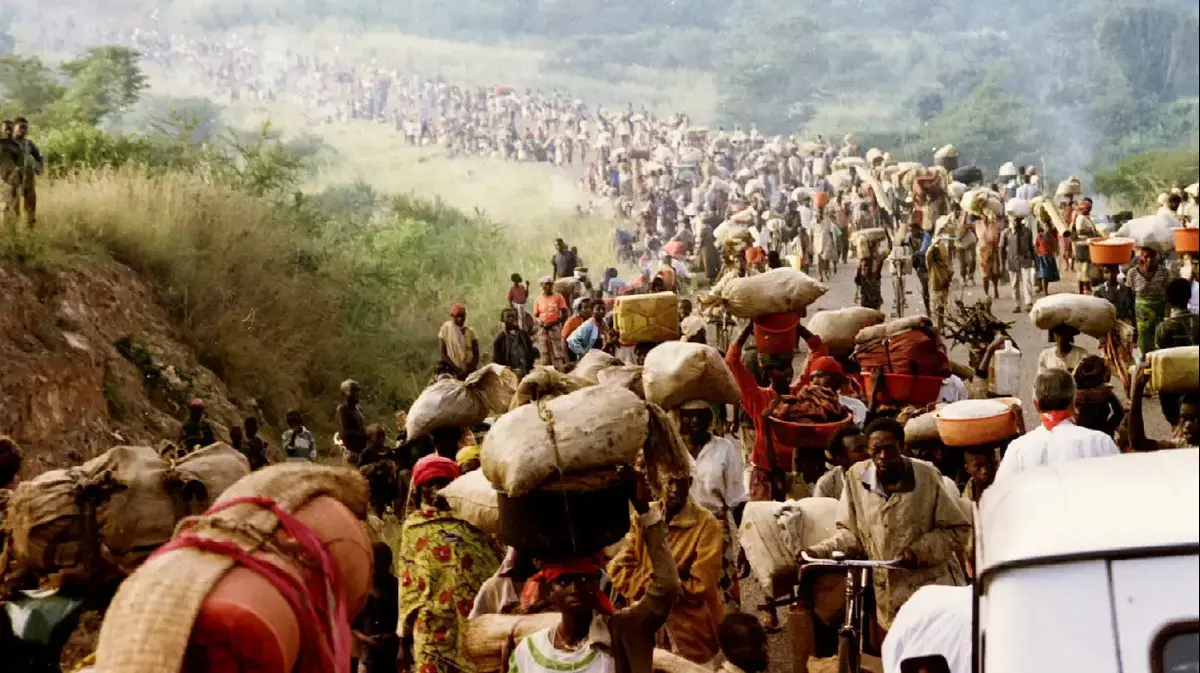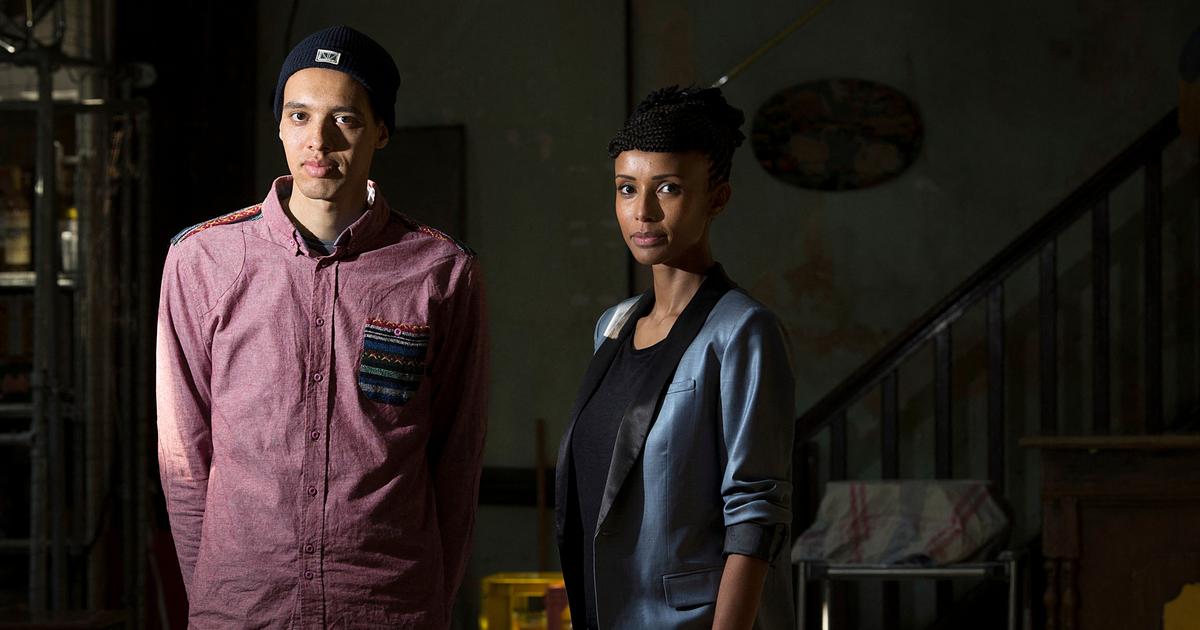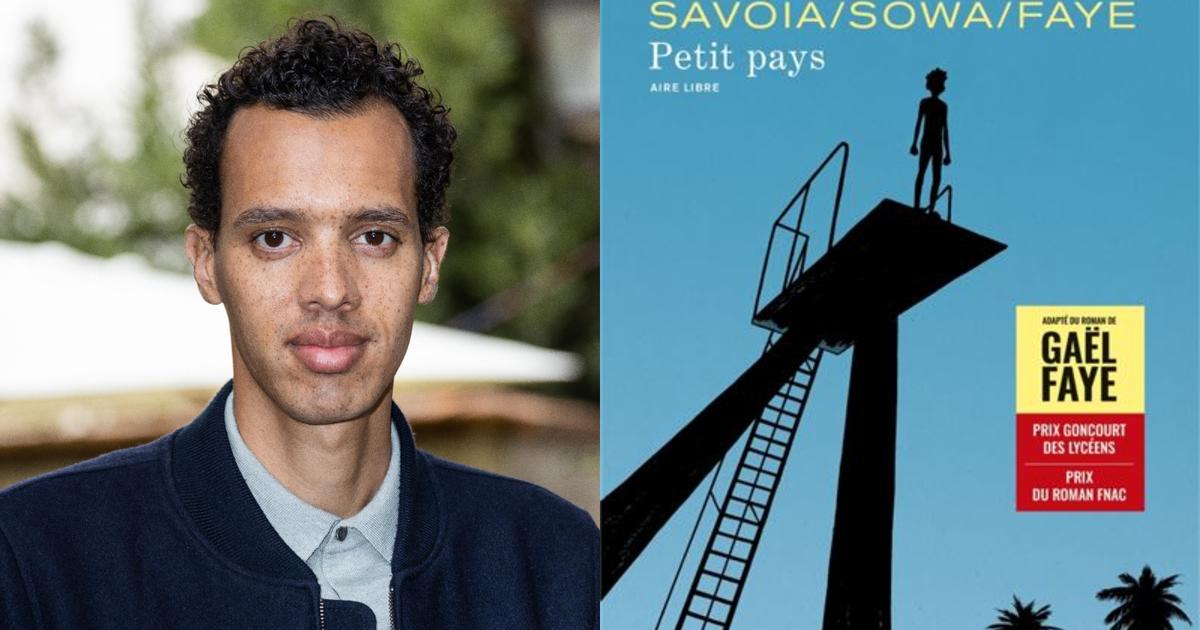A Franco-Rwandan ex-driver, an
“ordinary”
citizen
accused of knowingly aiding killers during the genocide of the Tutsi in 1994 in Rwanda, is tried from Monday November 22 for
“complicity”
in genocide, third trial in France for crimes linked to one of the worst tragedies of the 20th century.
Read alsoBetween France and Rwanda, a long and painful road to reconciliation
Claude Muhayimana, 60, was in 1994 the driver of the Guest House hotel in Kibuye, on the shores of Lake Kivu. He is accused of
"complicity"
in genocide and crimes against humanity for having
"knowingly helped and assisted"
militiamen
"by ensuring their transport"
to the sites of massacres in the prefecture of Kibuye, the hills of Karongi, Gitwa and Bisesero (west), where tens of thousands of people were exterminated. These militiamen, armed with machetes, clubs, hoes and called "Interahamwe" ("those who work together" in Kinyarwanda) were the main armed arms of the genocide against the Tutsi minority, orchestrated by the extremist Hutu regime and which made more than 800,000 deaths from April to July 1994.
Claude Muhayimana, who faces life imprisonment, is a refugee in France, where he obtained his nationality in 2010. A cantonnier by profession, he lives in Rouen (north-west).
He was arrested there in 2014, a year after the opening of an investigation initiated by a complaint from the Collective of Civil Parties for Rwanda (CPCR), which fights against impunity and the presence in France of alleged Rwandan genocidaires.
The trial, which opens Monday at 1.30 p.m. GMT after ten years of proceedings and two postponements due to the health crisis, will last nearly a month, with the hearing of about fifty witnesses, of whom about fifteen will come. from Rwanda.
We are in the case of a genocide, we are not talking about little fish.
"
Alain Gauthier, co-founder of the CPCR
Its singularity is that it judges an ordinary citizen, and not a personality having had political, administrative or military functions during the killings. The two previous trials saw the life sentences of two former mayors and 25 years in prison of a former army captain.
"We are dealing with a very ordinary average citizen who had no authority over anyone,"
Me Philippe Meilhac, one of the accused's lawyers, told AFP.
“It will be explained in length, in width and across. He is a man who has been waiting for 10 years ”
. Alain Gauthier, co-founder of the CPCR,
“refuses”
for his part to
“talk about big or small fish”
.
"We are in the case of a genocide, we are not talking about little fish."
The speeches of the accused, who remained very discreet, are eagerly awaited.
The investigation evoked an ambiguous personality, witnesses testifying that he saved Tutsis by hiding them at his home or by providing them with canoes to flee to the Democratic Republic of Congo (DRC).
The debates will focus on the fact that the accused denies having been present at the scene of the massacres and on the contradictions between his statements and those of witnesses, in particular his ex-wife.
He also lied and tried to pressure witnesses, according to the prosecution.
"There are dozens of
corroborating
testimonies on his transport to the scene of the massacres,"
notes Alexandre Kiabski, lawyer for the CPCR.
Read also France opens archives of its past in Rwanda
The defense, for its part, points to the contradictions and the shortcomings of the testimonies,
"which include a lot of imprecision on the places, the dates"
, according to Meilhac, who will also plead the argument of the constraint.
“It is not impossible that he was forced
(to transport the militiamen, editor's note)
;
but even if it is true, he had the choice to flee
, estimates Alain Gauthier.
"We don't go to a crime scene for free."
For the SCRC, the accused, who benefited from a partial dismissal for his direct participation in the massacres,
"is not being prosecuted up to the facts"
.
This trial takes place in the unprecedented context of the spectacular diplomatic normalization between France and Rwanda, after years of very sharp tensions. During a visit in May to Kigali, Emmanuel Macron had recognized the
"responsibilities"
of Paris in the genocide, after the publication in France of a resounding report by historians who concluded in the "blindness" of the French president of the he era François Mitterrand and his entourage faced with the genocidal drift of the Hutu government supported by Paris at the time. SCRC's lawyers hope that these
"political considerations"
do
"will not parasitize the trial"
.
“We have a lot of civil parties who have lost all their families in Kibuye and Bisesero;
this trial is important for them, to mourn.
It is also a tribute to the victims and a way of contributing to the duty of remembrance, ”
notes Me Kiabski.

